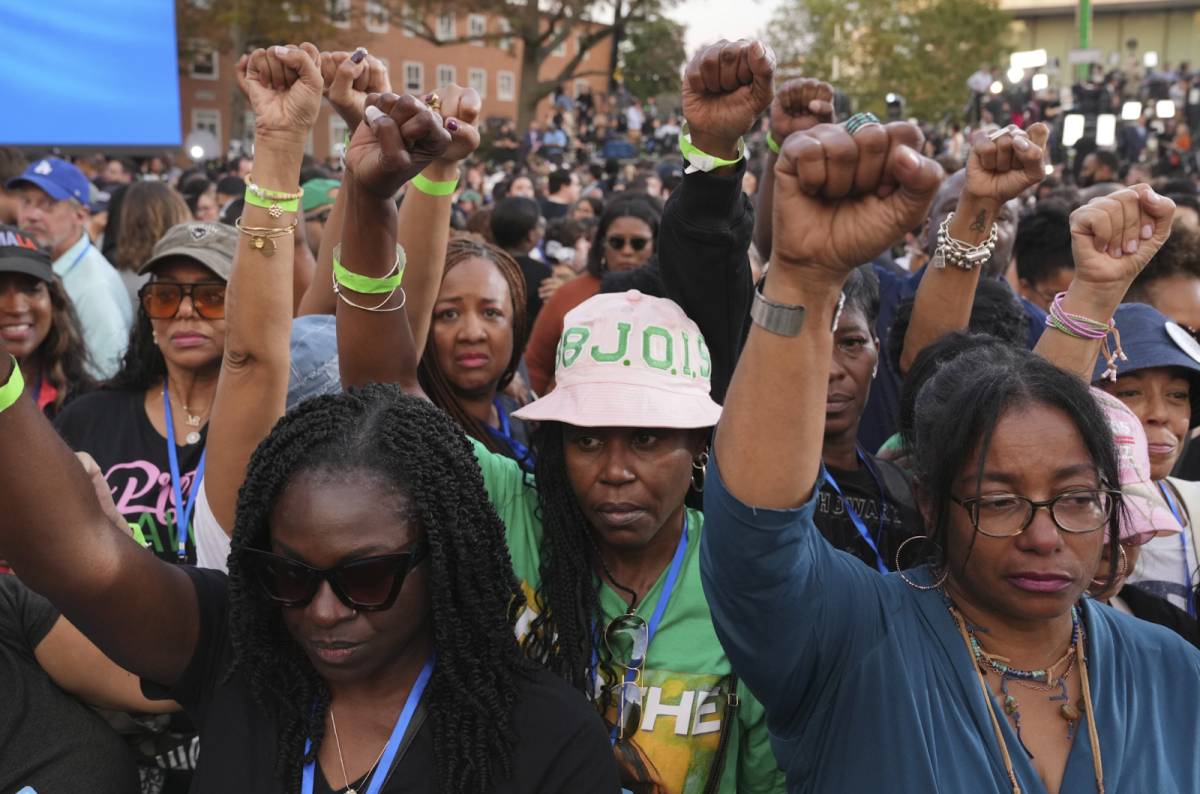Let me get right to the point: crash-diets don’t work.
Carbs are necessary for your body to function. You can’t lose 10 pounds in a couple of weeks in a healthy way, the “freshman fifteen” isn’t a thing and calories are literally fuel, not something to be feared. Although these are easily verifiable scientific facts, the diet industry thrives off of you believing the opposite.
Without fail, the new year is almost always met with weight-loss resolutions. Some people who make these resolutions begin crash-dieting, restricting their caloric intake, their carbohydrates or their sugar, for example. At best, these diets are largely ineffective. At worst, they can be extremely dangerous, as they encourage disordered eating behaviors. According to the National Eating Disorders Association, 35 percent of people who go on a diet begin to pathologically diet, and 20-25 percent those who participate in pathological dieting will develop an eating disorder. Eating disorders are some of the deadliest psychiatric illnesses that can have devastating consequences and greatly impair a person’s ability to function. It’s just not worth the risk.
If you really want to lose weight, make a lifestyle change or start a new workout regimen, it’s best to consult a doctor or dietician first to make sure you’re taking care of all aspects of your health, including your mental and emotional wellbeing. It’s also important to become aware of the lies the diet and beauty industry perpetuate.
Think of a “good” or “healthy” food. Now think of a “bad” or “cheat” food. We have been conditioned to associate foods higher in carbs, gluten or sugar as “bad” and foods such as vegetables, fruit, or lean meats as “good.”
However, the human body needs all types of nutrients in moderation. I have to consciously remind myself that I do not have to “earn” food, and that I’m not “cheating” if I have pizza or a piece of cake. You do not have to feel guilty for consuming something that is necessary for human life.
Of course, this all is easier said than done. To learn how to strive for wellbeing instead of a certain body type or beauty ideal takes time, effort and education.
Instead of resolving to lose weight, why not begin the year by resolving to treat your body and your wellbeing with the respect and kindness you deserve? Calories carbs and weight don’t determine your worth. Intuitive eating, which is characterized by learning how to listen to your body’s hunger cues along with self-care and sleep hygiene is much more effective and safe in the long-term for your health than crash-dieting, obsessive calorie counting or exercising and participating in disordered eating behaviors.
This year, I’m choosing to actively challenge the falsehoods perpetuated by diet industry. I’m choosing to stop punishing my body. I’m learning how to eat balanced meals, not “clean” meals, how to exercise because it makes me feel good, not to burn calories and how to eat what I want in moderation without feeling guilty. It’s going to be difficult, but worthwhile. I urge you take a step towards your holistic wellbeing by doing the same.














